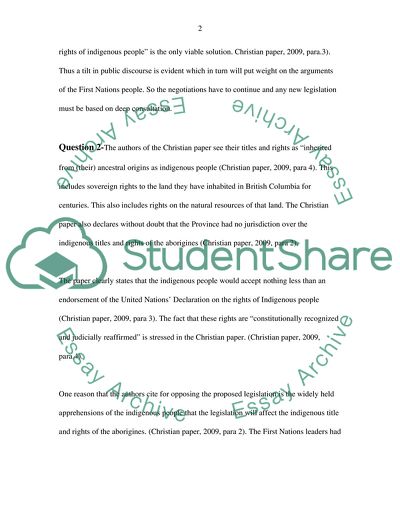Cite this document
(First Nations Approach to Natural Resource Management Assignment, n.d.)
First Nations Approach to Natural Resource Management Assignment. Retrieved from https://studentshare.org/environmental-studies/1559024-first-nations-approach-to-natural-resource-management
First Nations Approach to Natural Resource Management Assignment. Retrieved from https://studentshare.org/environmental-studies/1559024-first-nations-approach-to-natural-resource-management
(First Nations Approach to Natural Resource Management Assignment)
First Nations Approach to Natural Resource Management Assignment. https://studentshare.org/environmental-studies/1559024-first-nations-approach-to-natural-resource-management.
First Nations Approach to Natural Resource Management Assignment. https://studentshare.org/environmental-studies/1559024-first-nations-approach-to-natural-resource-management.
“First Nations Approach to Natural Resource Management Assignment”, n.d. https://studentshare.org/environmental-studies/1559024-first-nations-approach-to-natural-resource-management.


